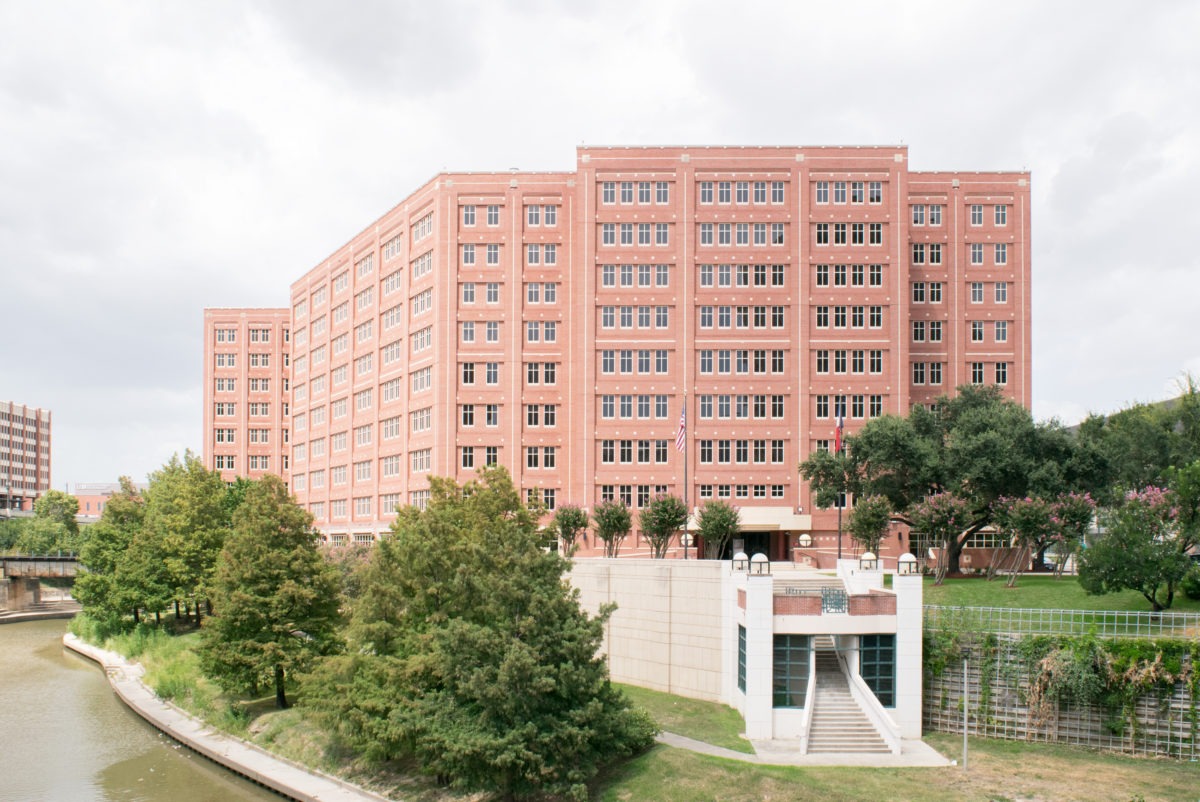
Why Do People Keep Dying in Harris County Jail?
The Texas jail is bursting at the seams as officials push for more pretrial incarceration.

The Texas jail is bursting at the seams as officials push for more pretrial incarceration.
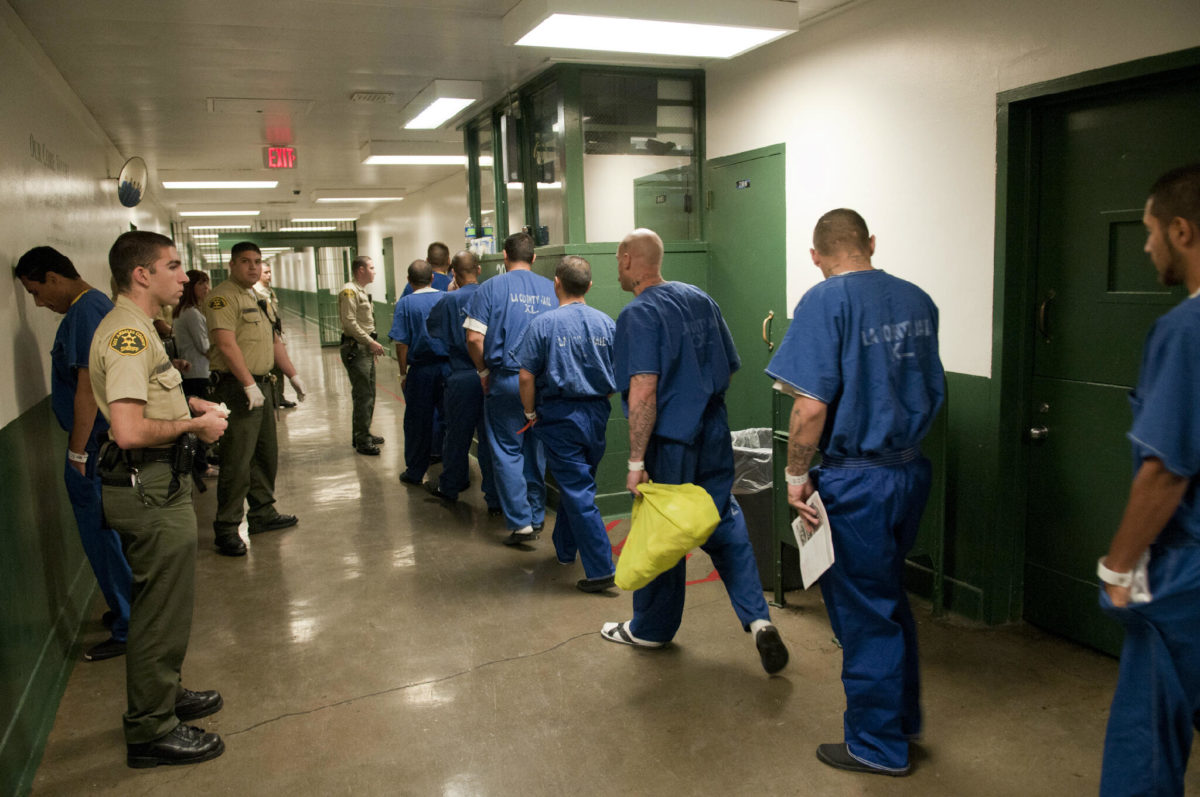
In 2015, Los Angeles County created a program to reduce the number of mentally ill people trapped in jail. But since then, the number of people with mental illness incarcerated in LA has instead increased significantly.

Pregnant people are among the many casualties of a politically manufactured crisis that has led to abysmal conditions at the jail.

Deaths at the Fulton County Jail have quadrupled compared to last year. Despite this, county commissioners are threatening to cut funding to one of the Atlanta area’s main pre-arrest diversion initiatives.
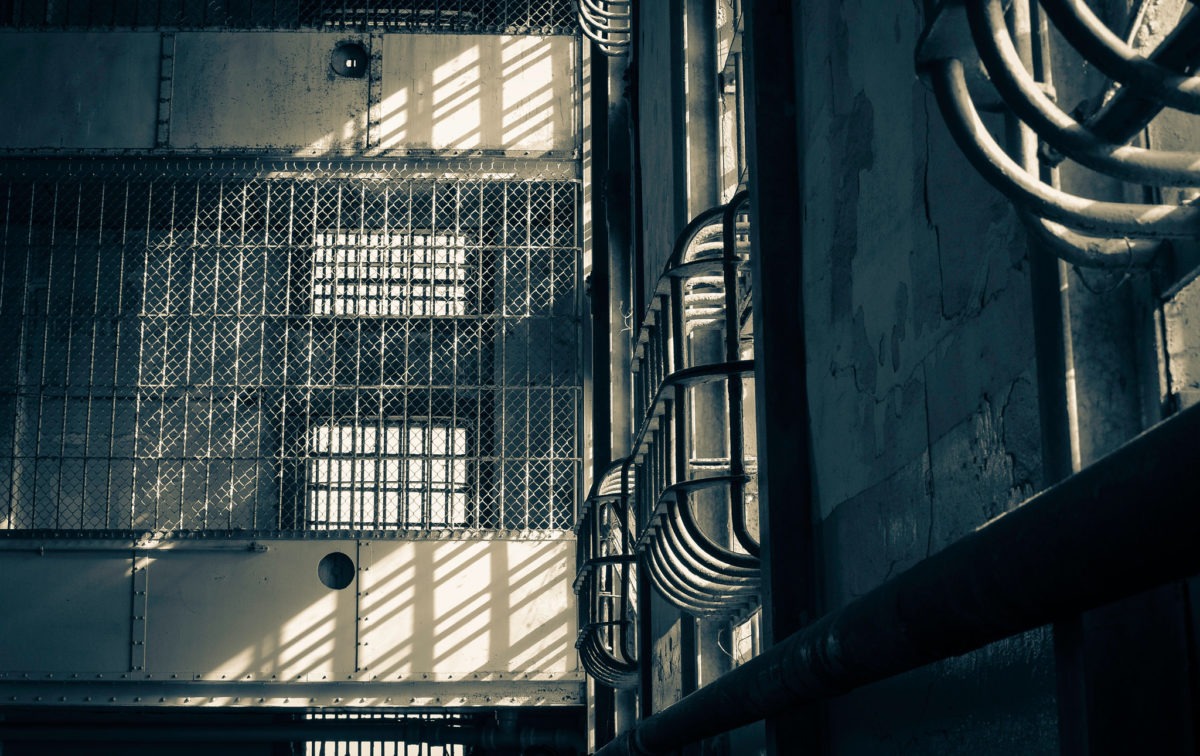
The facility’s medical provider described people with mental illness wasting away in a unit overrun by an outbreak of lice and scabies.
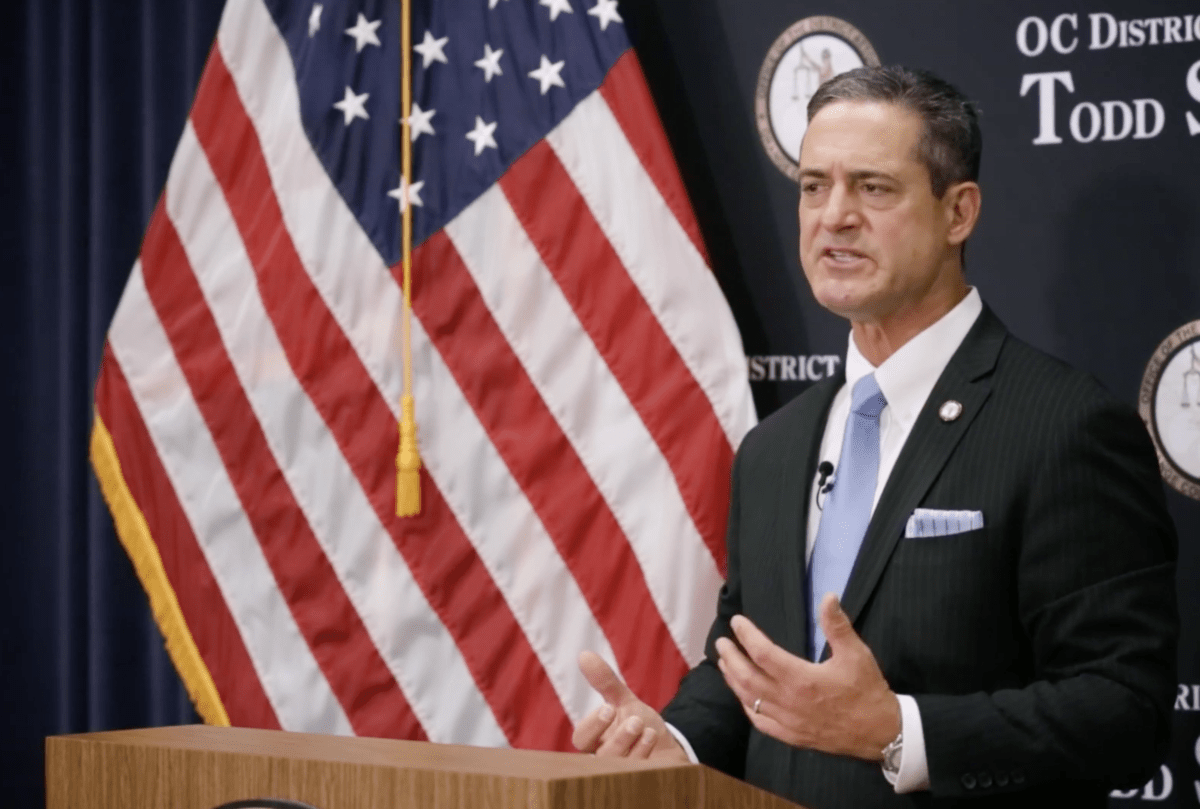
After a six-year investigation, the DOJ says Orange County law-enforcement unconstitutionally used jailhouse informants to elicit confessions and incriminating evidence from people for years.

Fulton County Sheriff Patrick Labat says the county needs more jail beds to fix the jail’s crisis. But a new ACLU report says that significant numbers of people in the jail can be released.
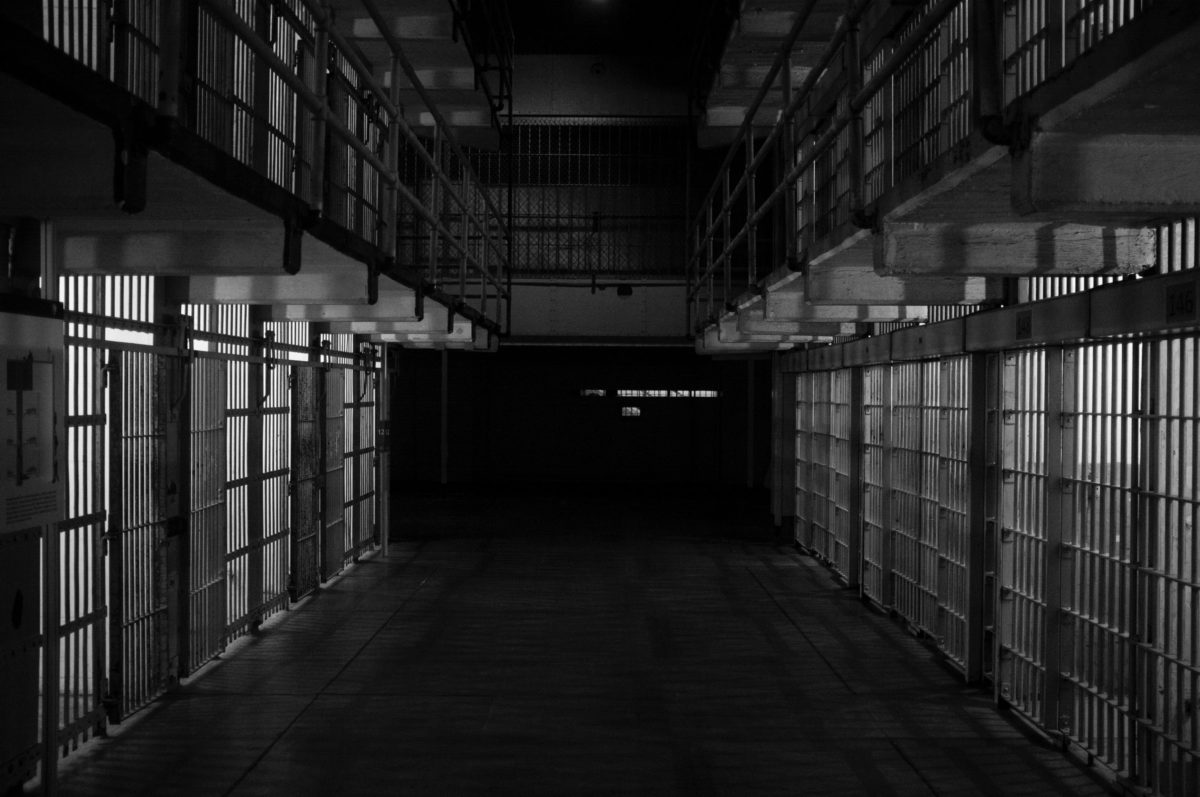
Thousands of deaths in jails, prisons, and police custody have gone uncounted in recent years. Now the DOJ is calling for changes to federal law.
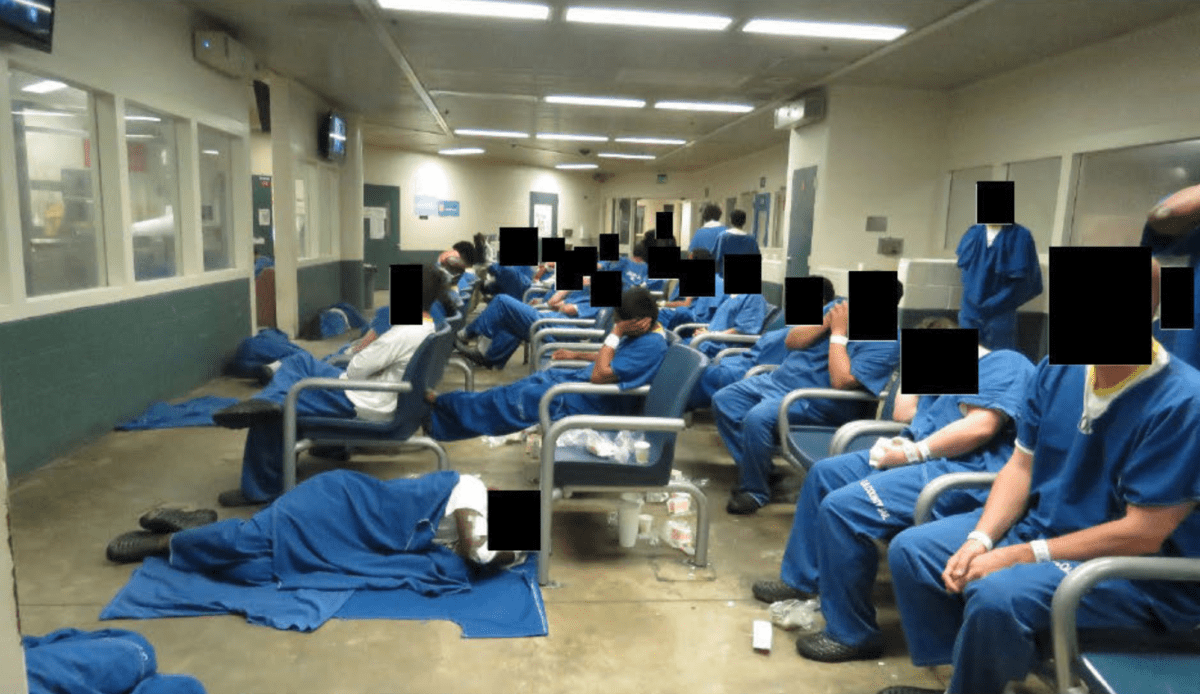
County officials agree that conditions have deteriorated at L.A.’s Inmate Reception Center. But they’re resisting calls for substantive change.
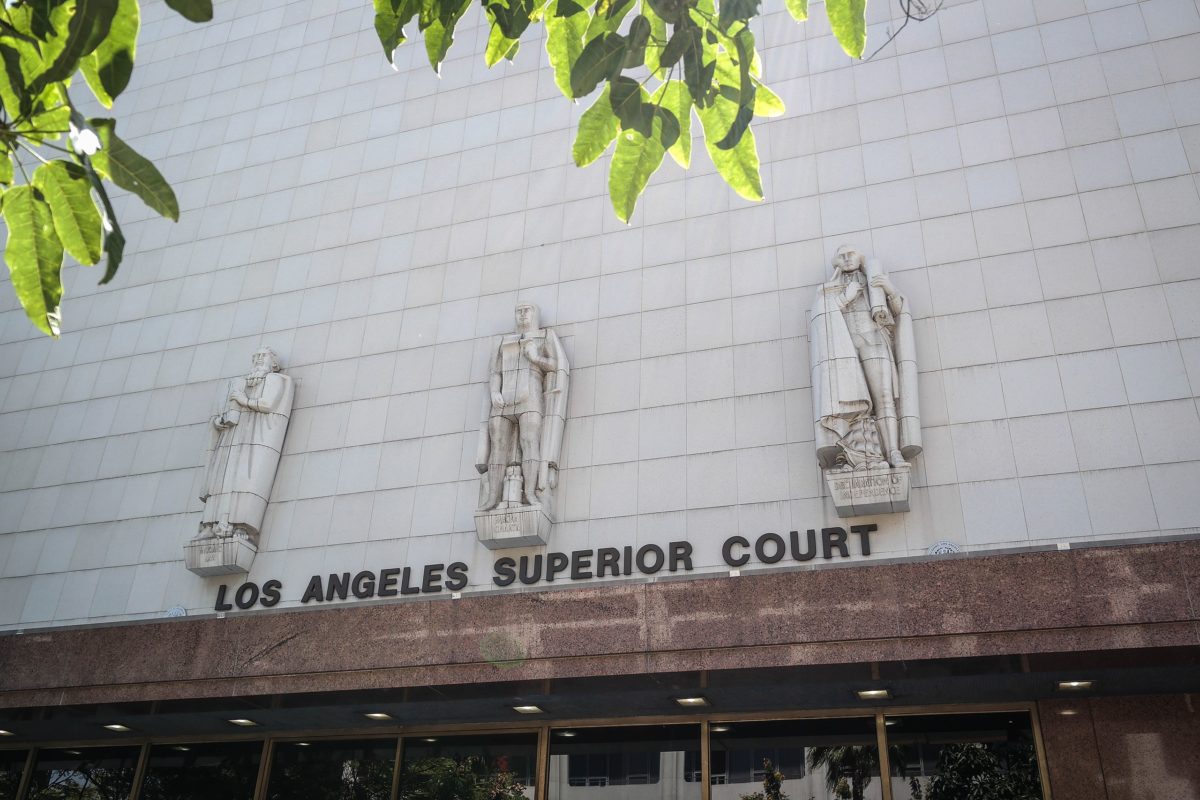
In June, a judge ended an emergency order to slow the spread of COVID-19 in LA’s jails, enraging civil-rights advocates.
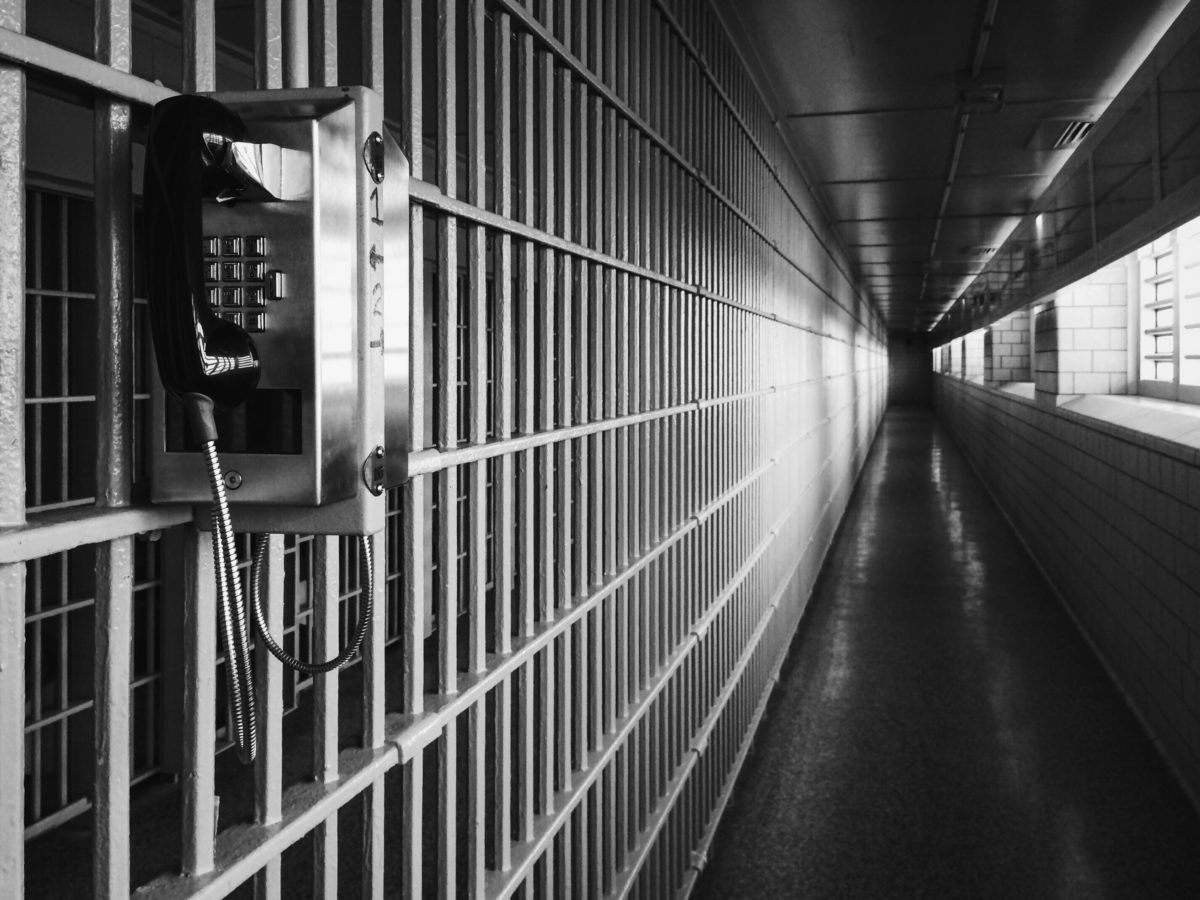
The ban had helped the Broome County Sheriff rake in hundreds of thousands of dollars in profits from detainee video and phone call fees.
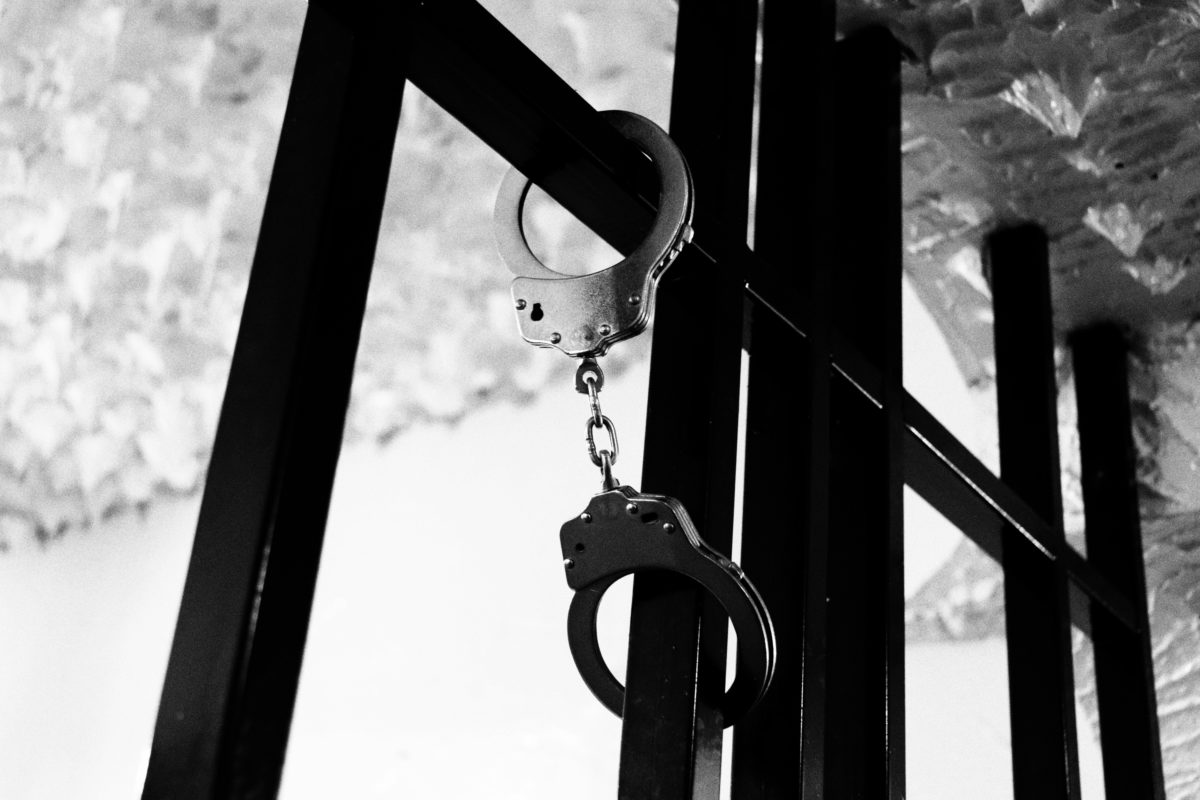
Personal narratives can help the public understand the benefits of bail reform, but telling these success stories presents its own share of challenges.

More than two years into the pandemic, the Broome County Sheriff’s Office is still prohibiting all jail visits. The policy helped them take in more than a half-million dollars in 2021.

Cynthia Alvarado was raped in jail before she was sentenced to life in prison for a murder she did not commit. Now that her sentence has been overturned, Alvarado is fighting for women like her.
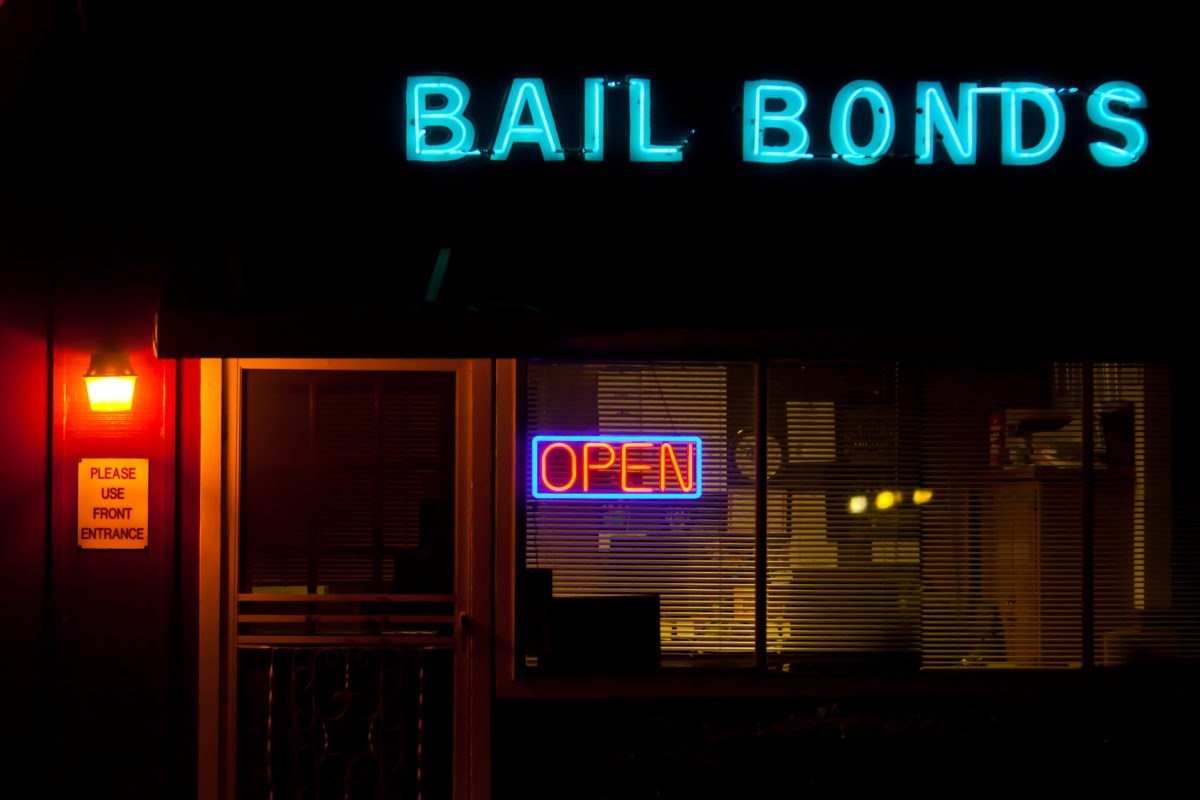
Opponents of bail reform blame pretrial release for increased crime, despite a lack of evidence. Lost in the debate—the proven harms of jail.

After the state rolled back a progressive bail law, data from the Vera Institute of Justice suggests judges are ordering more people be held in jails, amid continued worry over COVID-19.
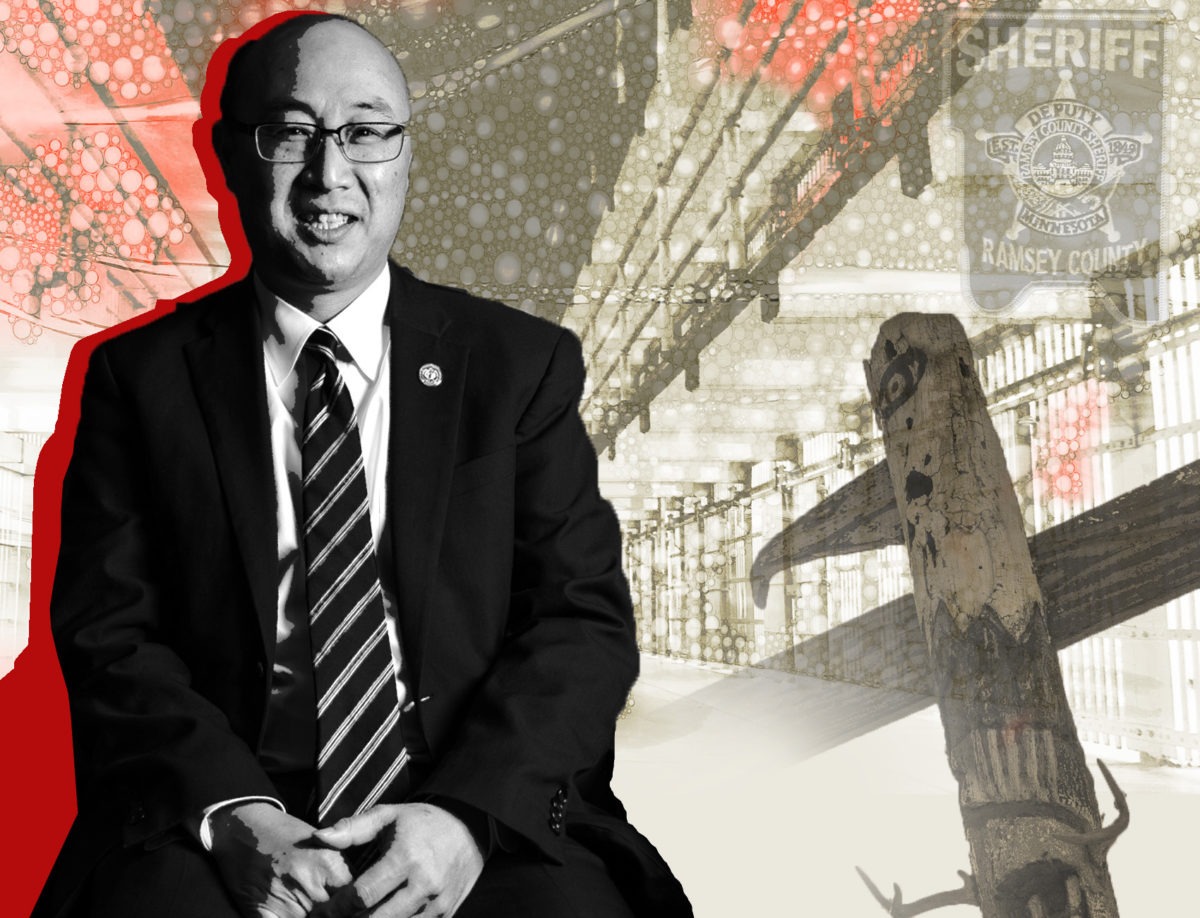
Although Minneapolis has garnered media attention since the George Floyd uprising, St. Paul may be the Twin City making the most strides toward transformative justice. But Sheriff Bob Fletcher’s actions may undo positive steps in Ramsey County.
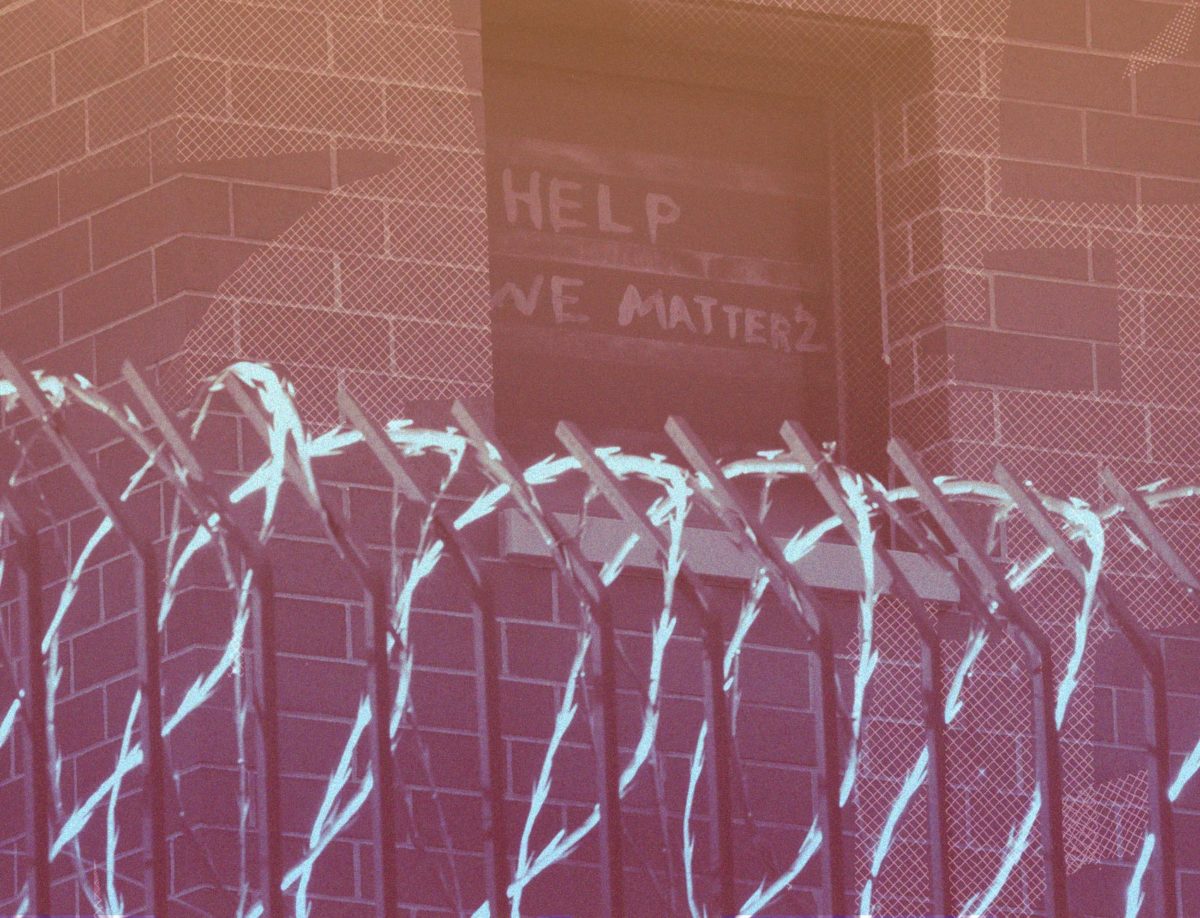
A common sense cost-benefit analysis of pretrial detention.
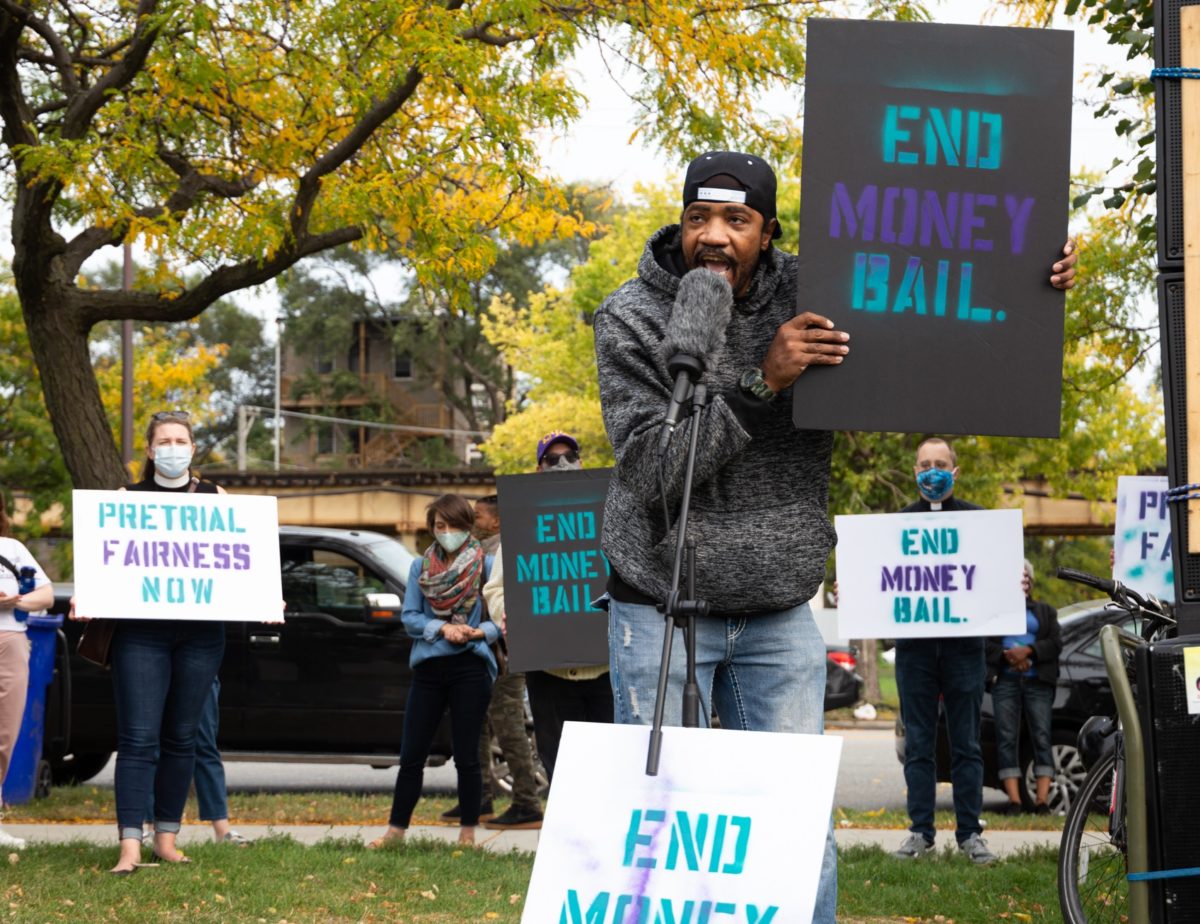
The move is part of a broader criminal justice reform bill that also ends prison gerrymandering, and mandates body cameras for all police departments.
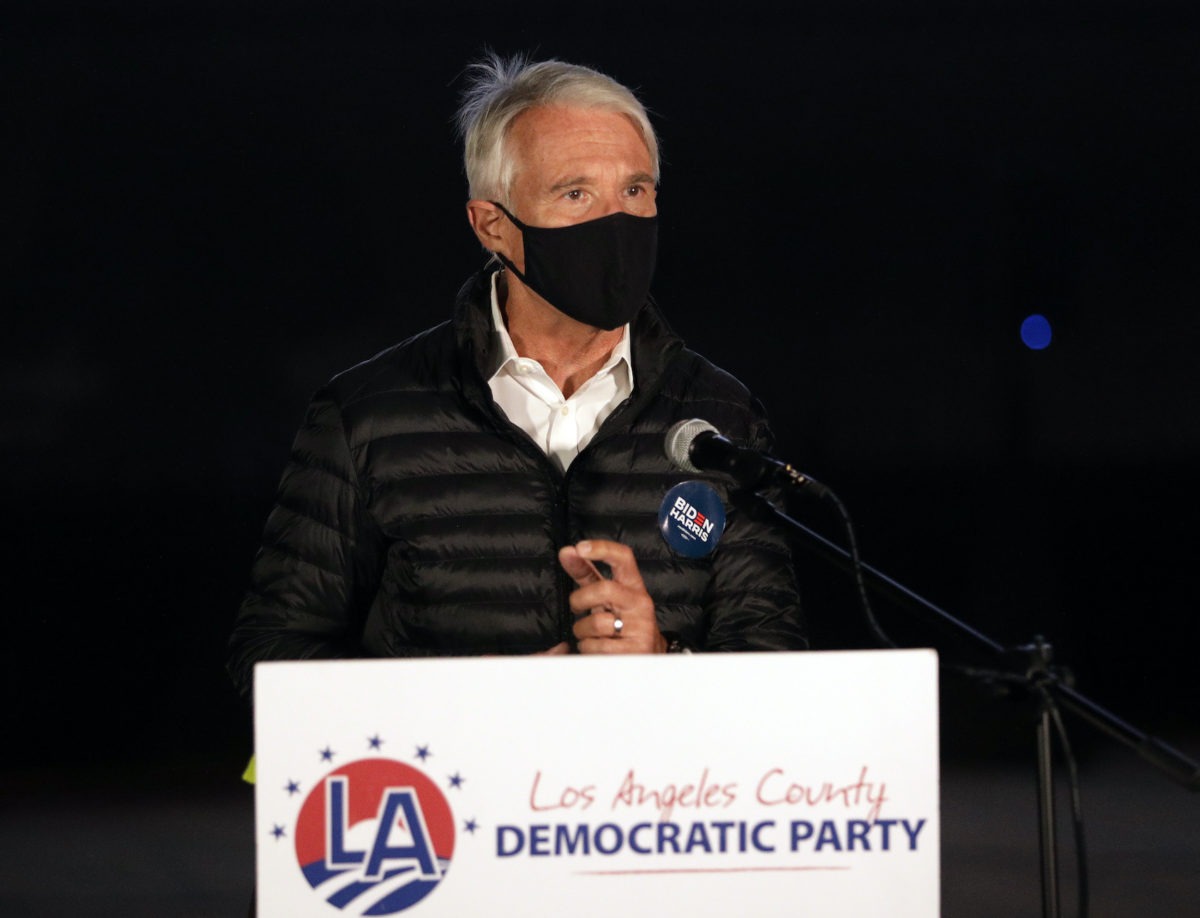
On his first day in office, George Gascón said prosecutors will not seek bail starting Jan. 1, a win for criminal justice reformers.
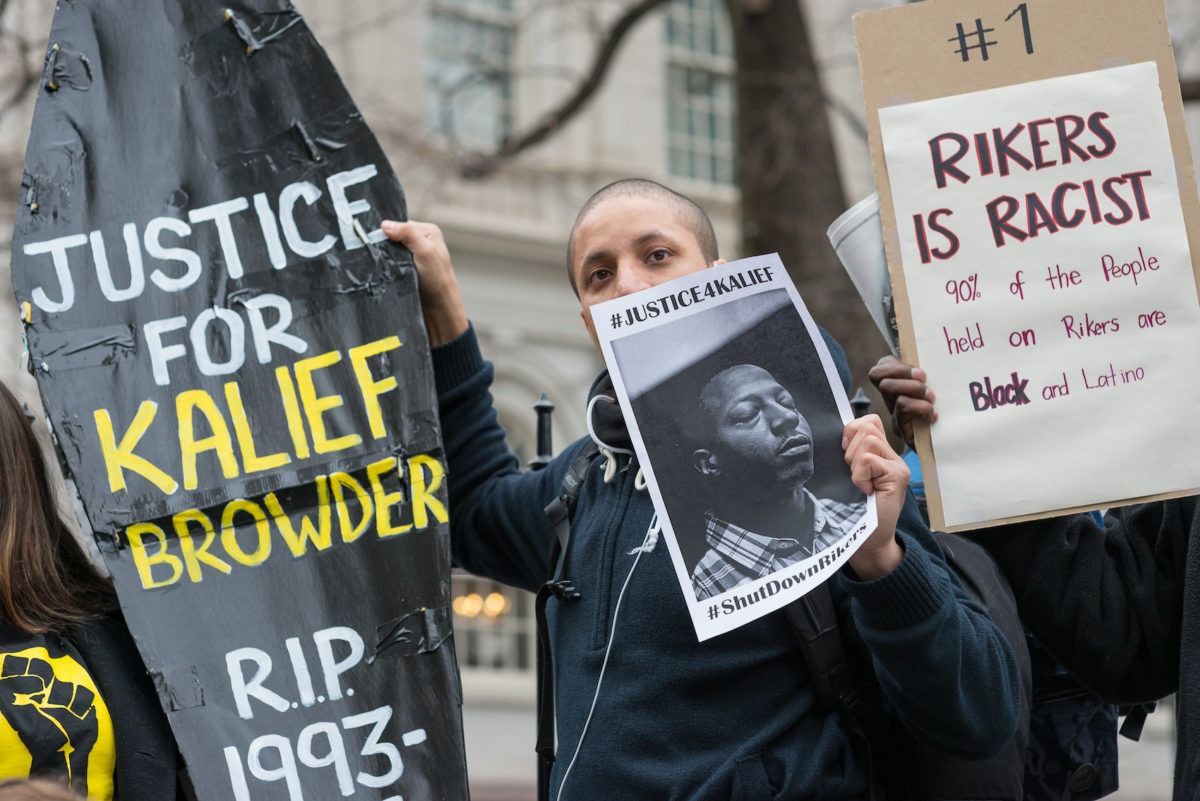
The Rittenhouse case raises particularly pointed questions about what we are really talking about when we talk about bail.

A growing body of evidence suggests that it’s possible to reduce or even eliminate the use of money bail without increasing crime.
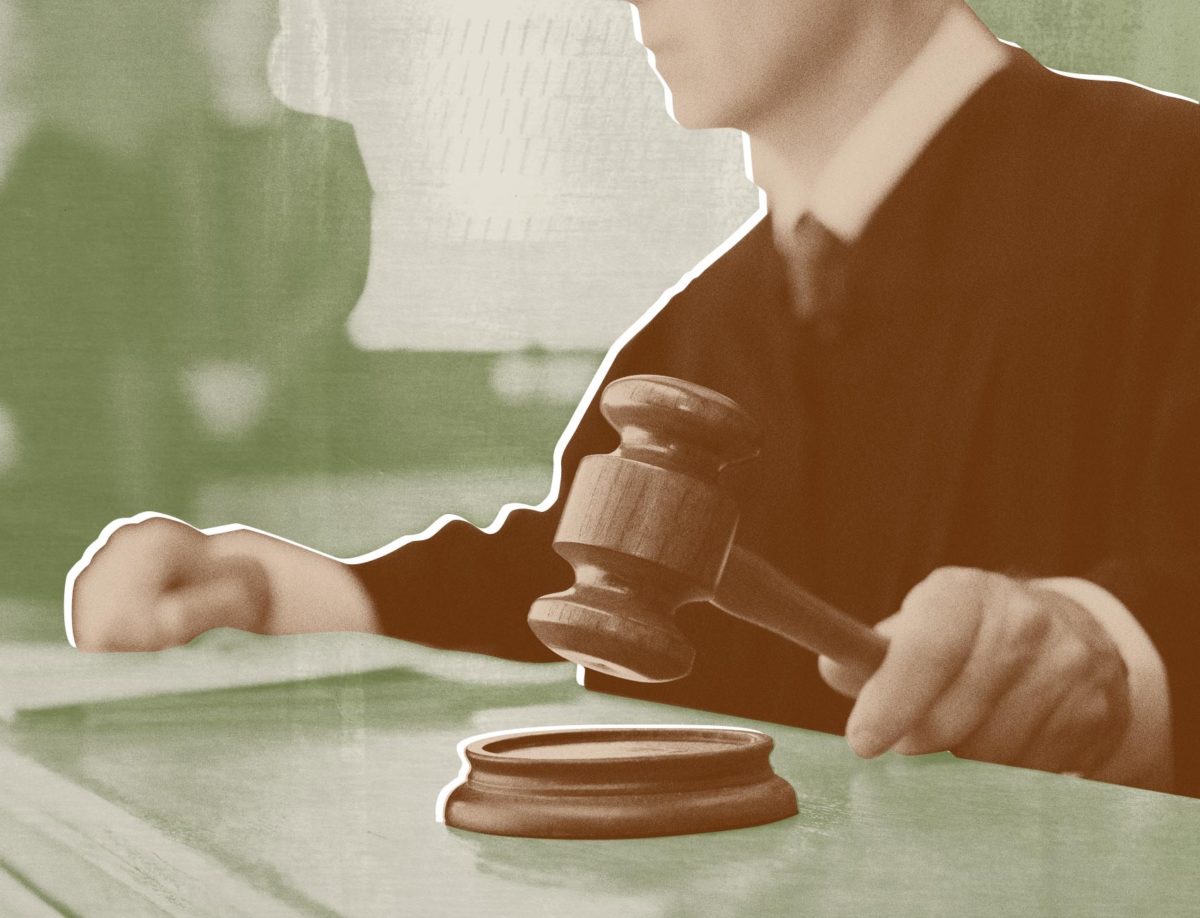
Although the new law took effect in January, state data showing how courts are applying it won’t be available until July 2021. And without funding, courts in small towns and villages may never collect the data.
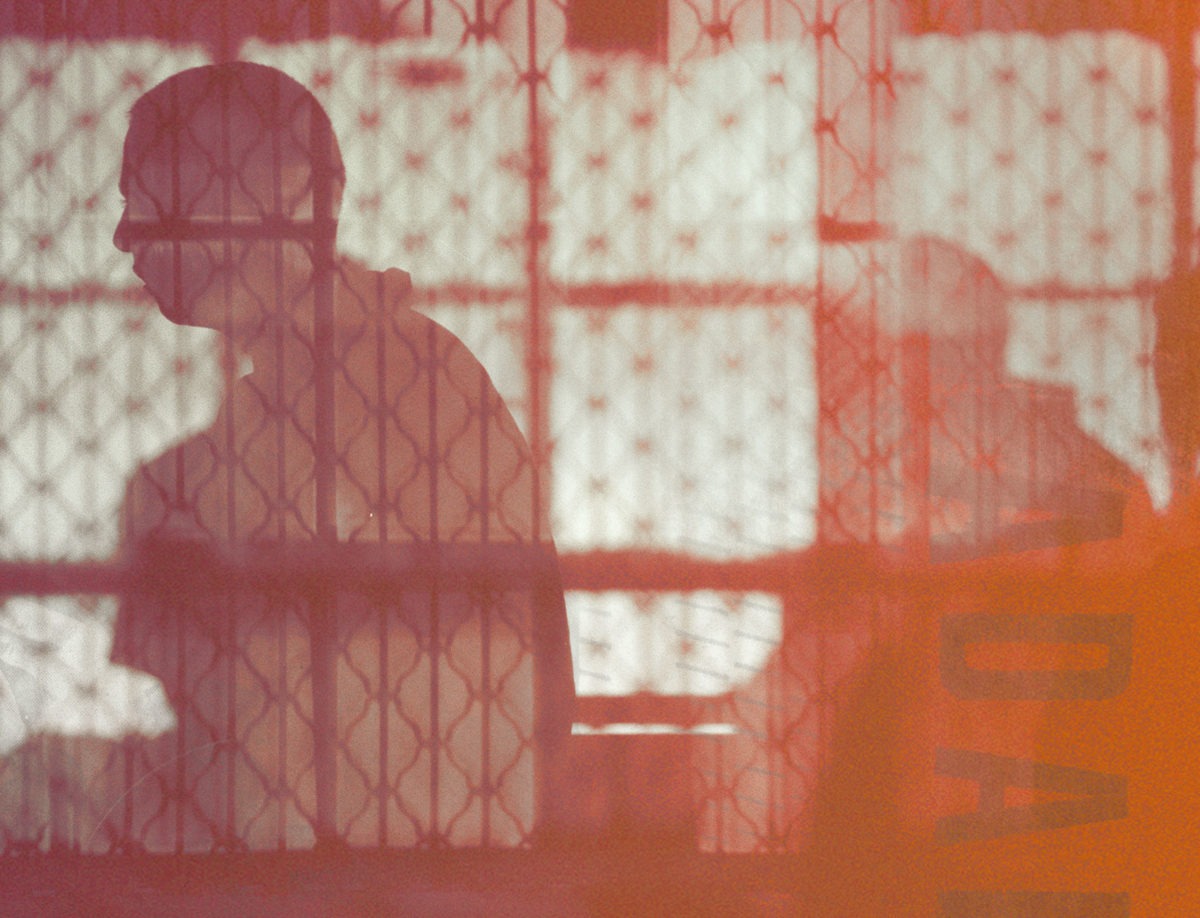
The law, known as SB 402, eliminates the use of signature bonds for a number of felonies, putting poor people who might not be able to afford cash bail at a disadvantage.

In Hillsborough County, Florida, the jail population is bloated by cash bail, fines, and fees, perpetuating health inequities during the COVID-19 pandemic.
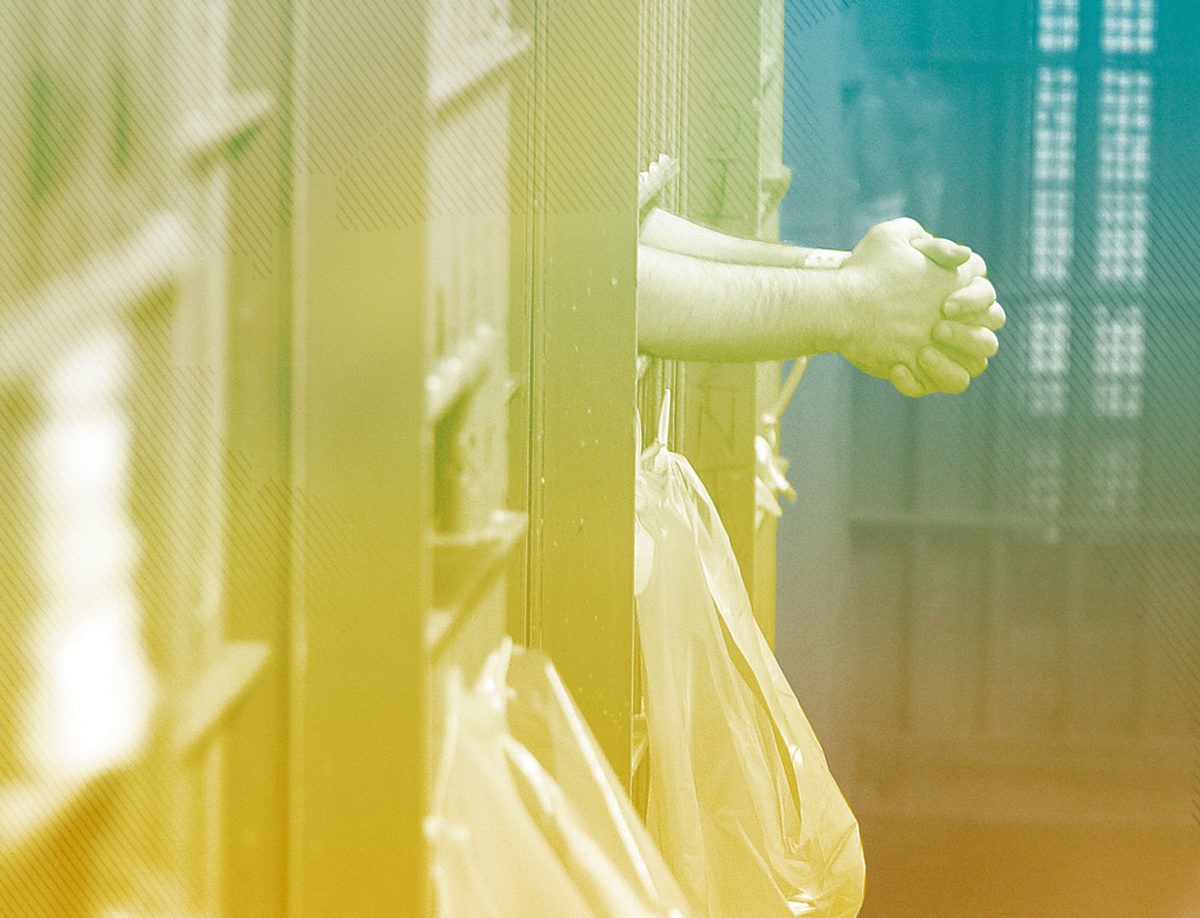
The current coronavirus crisis underscores our urgent need to look hard at our pretrial justice system. Eliminating money bail is a necessary first step.
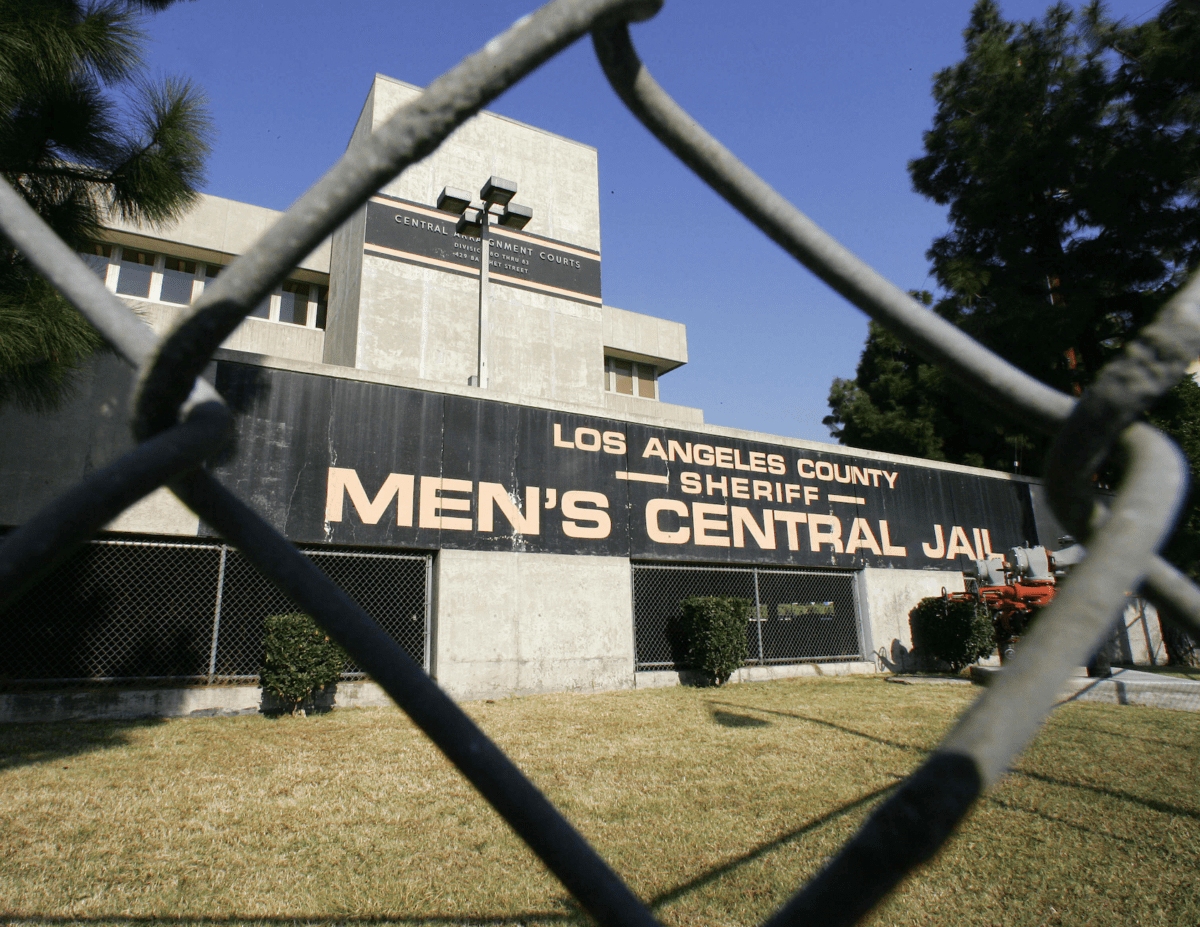
Bail will be set at $0 for most misdemeanors and low-level felony offenses.
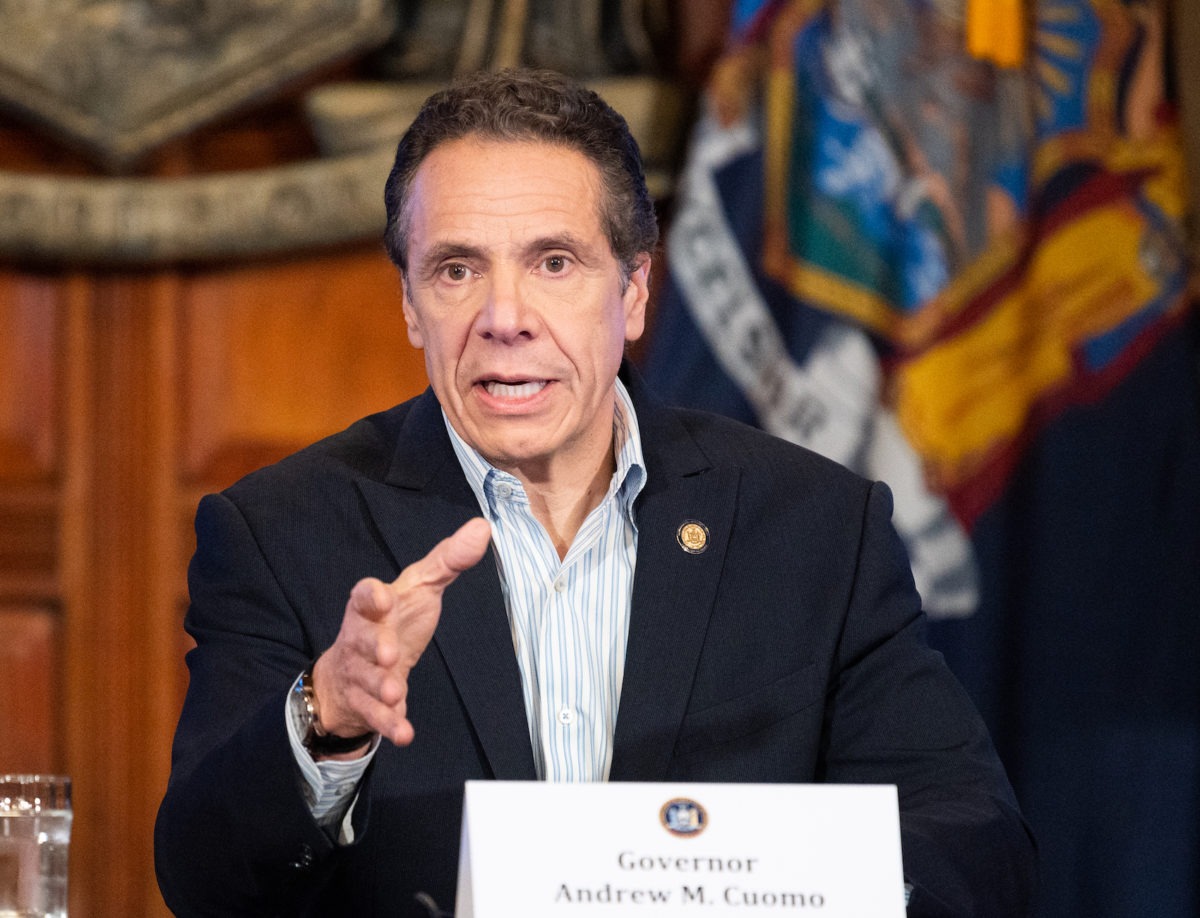
The state, which accounts for roughly one-third of all positive COVID-19 cases in the country, is facing a rapid spread of the disease in its jail and prison systems.
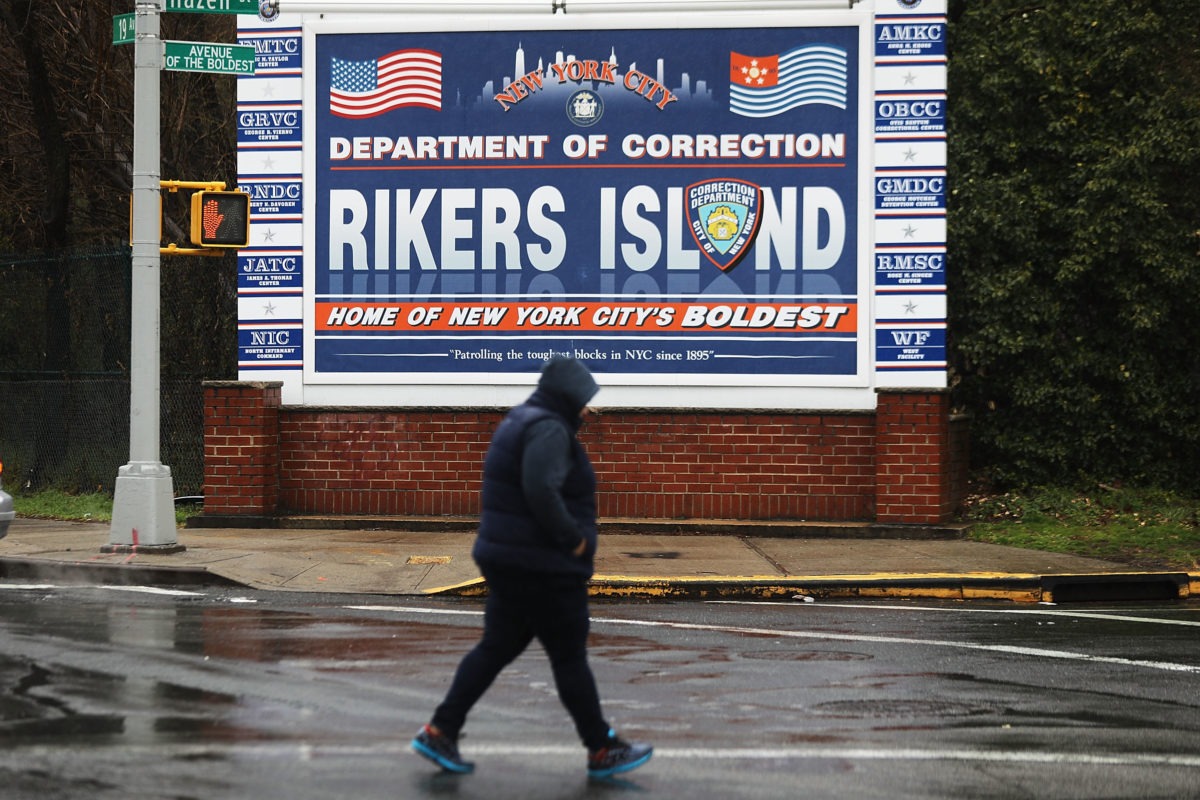
Late Wednesday, the chief physician at the Rikers jail complex said on Twitter that judges and prosecutors must not leave New York City’s jailed population ‘in harm’s way.’
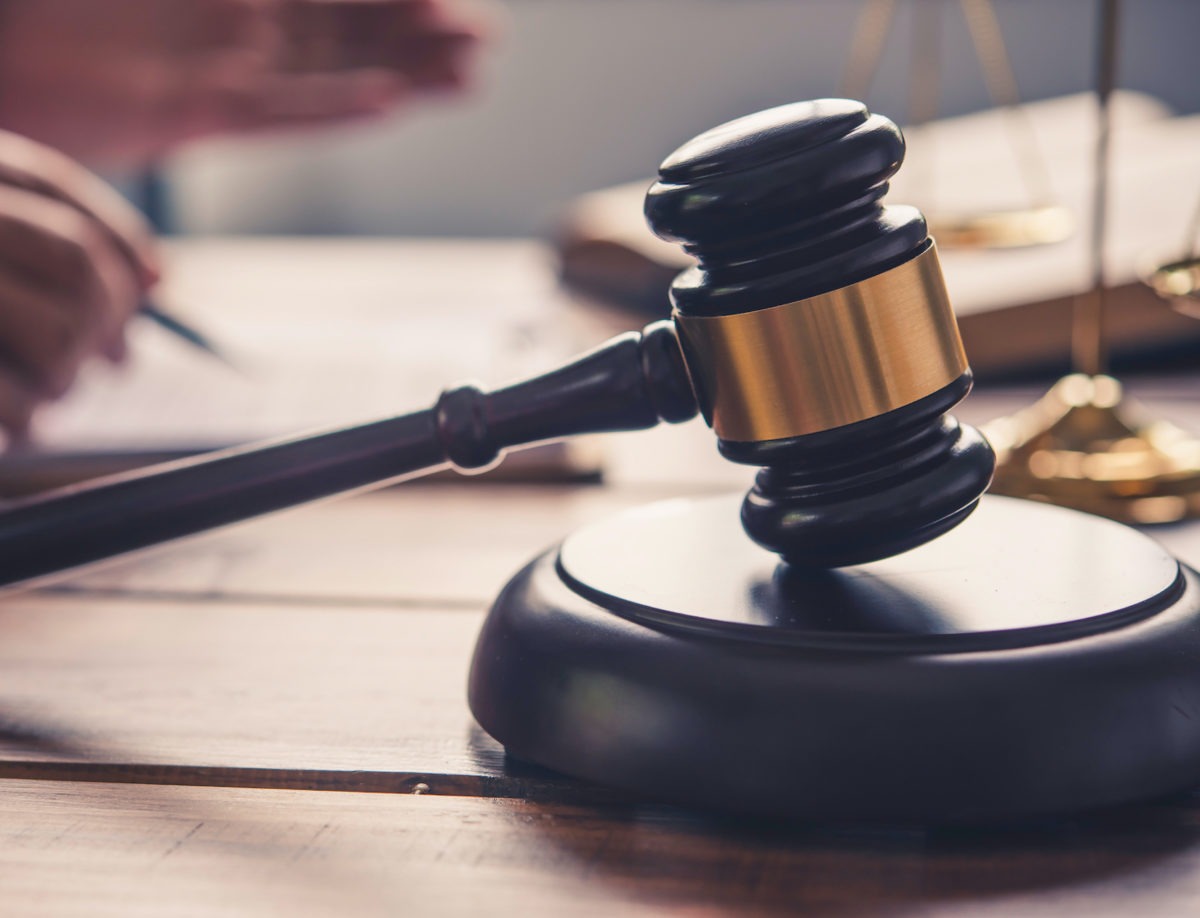
In Northampton County, advocates say the practice is putting the people charged for minor offenses, and the broader community, in danger.
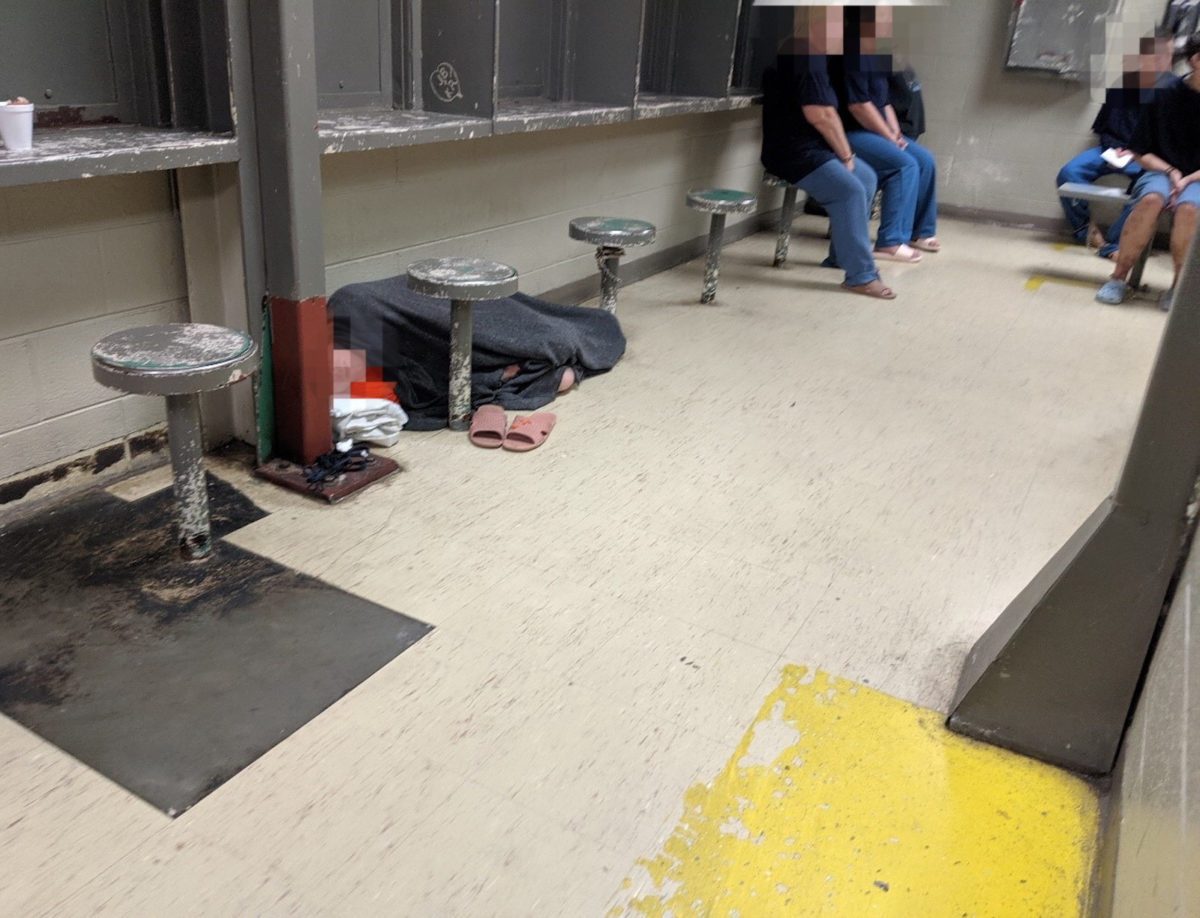
A federal lawsuit alleges lack of due process in a rural Tennessee county, and reform advocates say its jail is hardly an outlier.
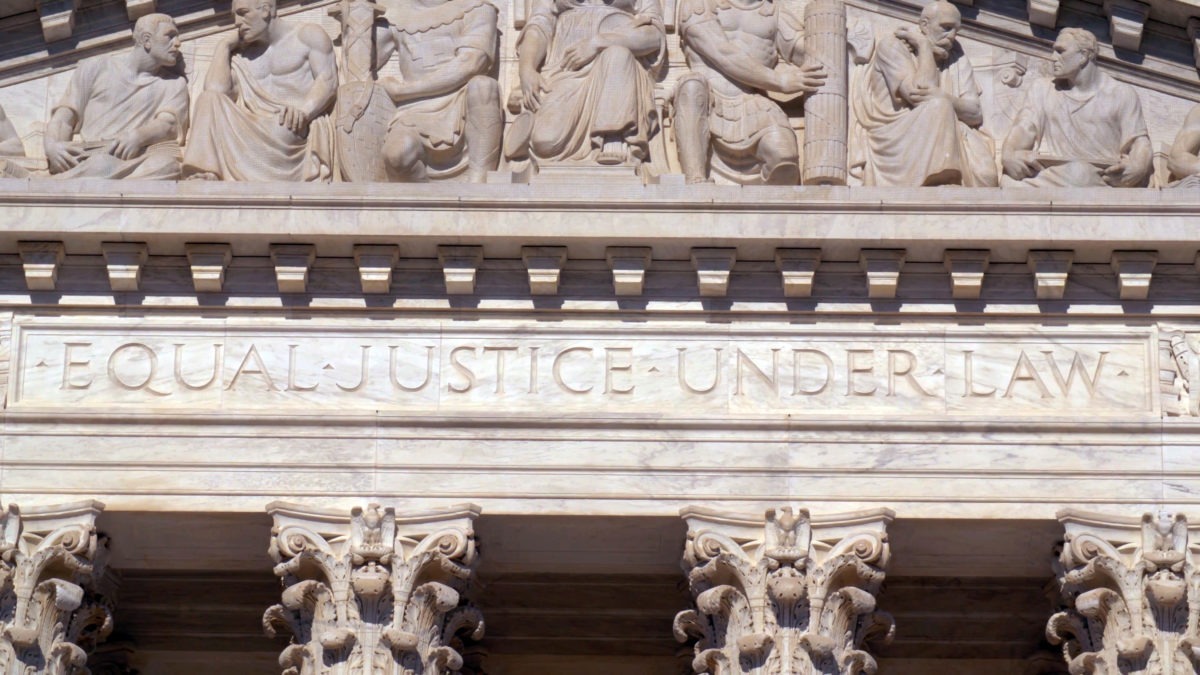
The heads of the Montgomery County public defender office were fired two weeks ago after filing an amicus brief about the use of pretrial detention and money bail against their clients
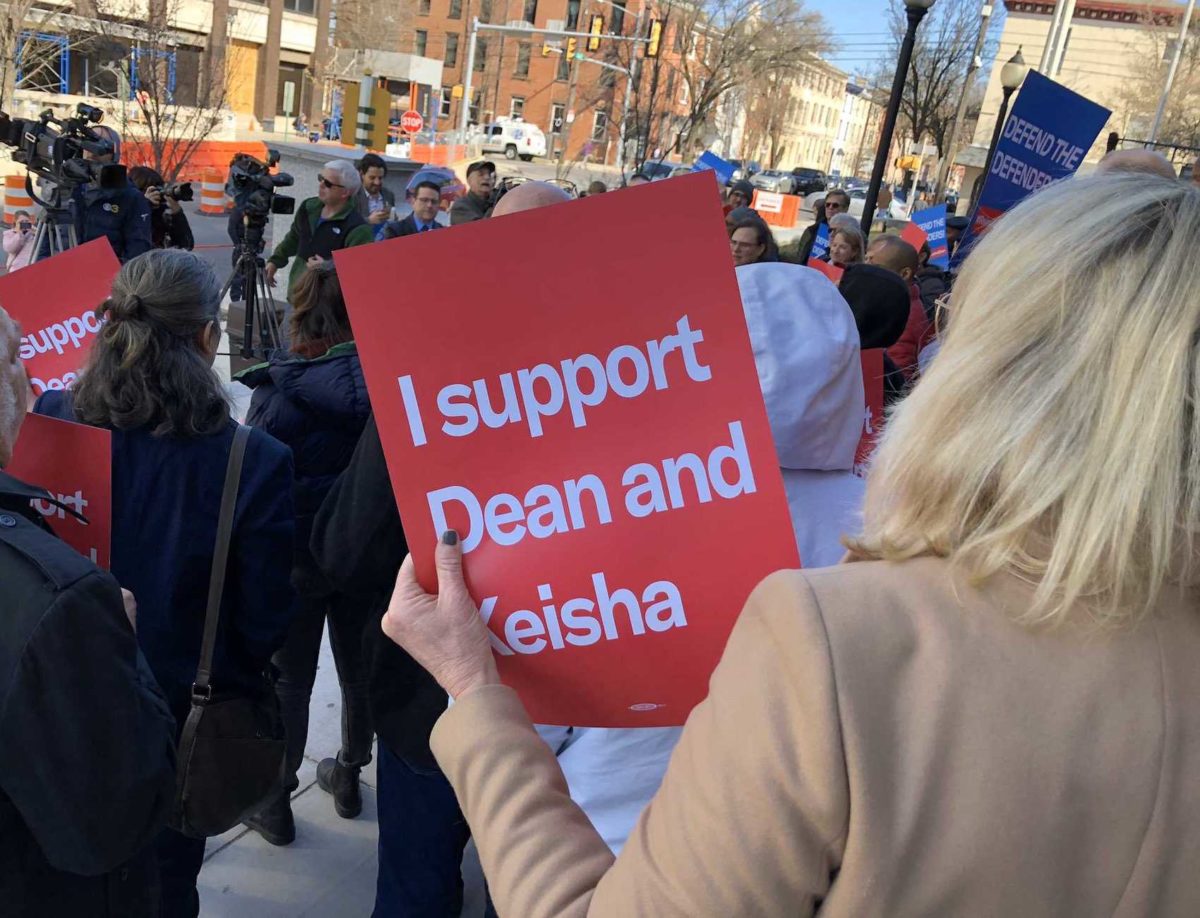
Montgomery County Chief Public Defender Dean Beer and Deputy Chief Keisha Hudson were fired last month after filing an amicus brief critical of the county’s bail setting practices.
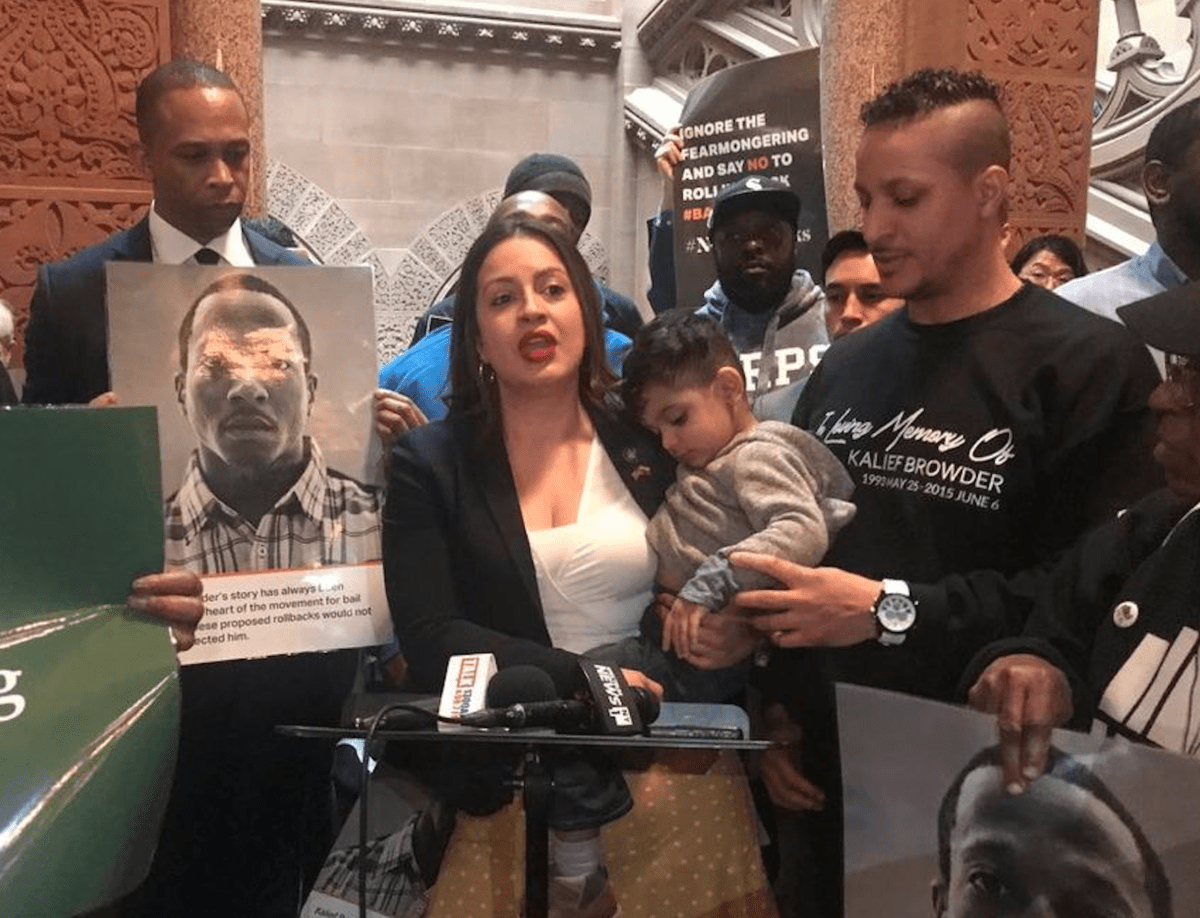
Advocates, formerly incarcerated people, and lawmakers warned against overhauling the New York law before it has a chance to prove itself.
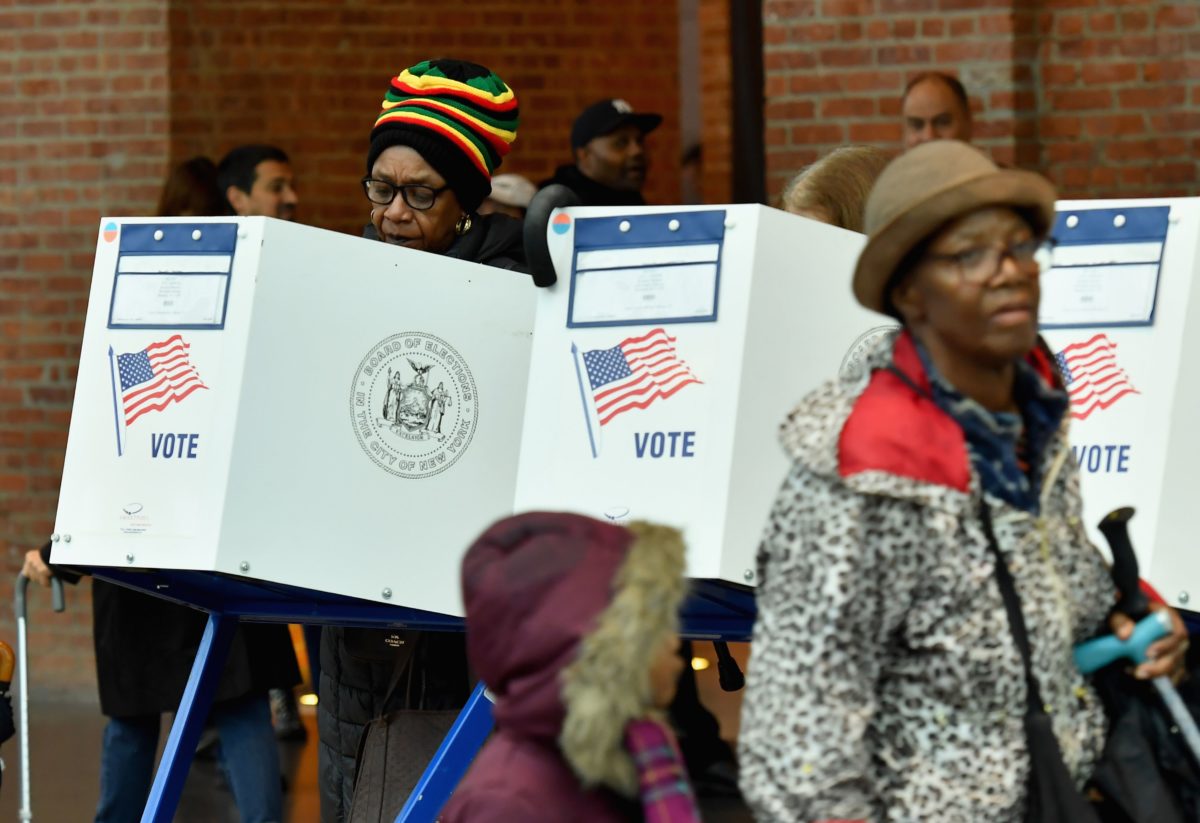
In November 2018, Democrats won control of the state Senate in New York. And they did so with authority. Vivian Wang of the New York Times reported after the election: “Democrats had needed to flip only one seat to erase the Republicans’ razor-thin majority. They blew past that number, unseating five incumbents and winning three open seats.” […]

Leaving power with the same actors, who equate safety with mass criminalization and detention, will yield the same results.
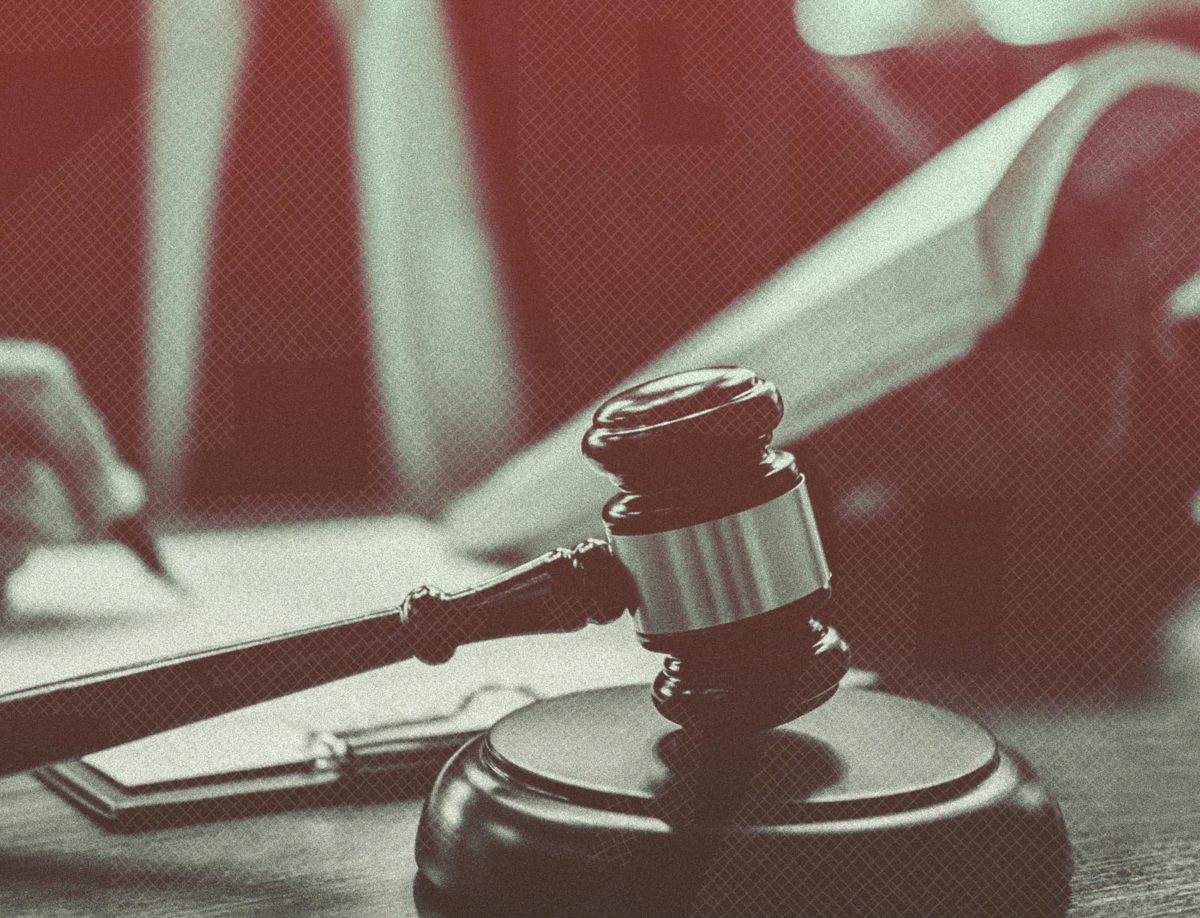
Reform advocates say the risk assessments are racially biased and are not effective at their key tasks: predicting the likelihood someone will return to court.
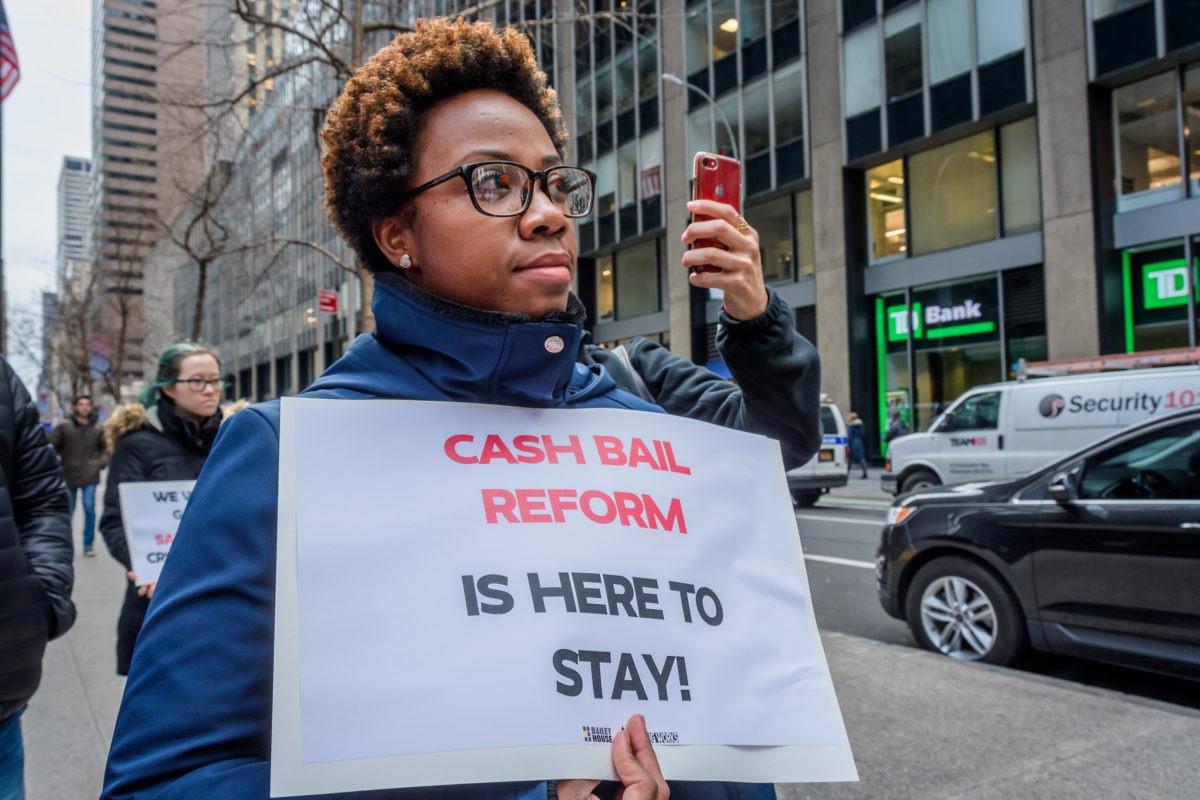
Kalief Browder’s death in 2015 and Layleen Polanco’s in 2019 are reminders that jail is the real threat to public safety.
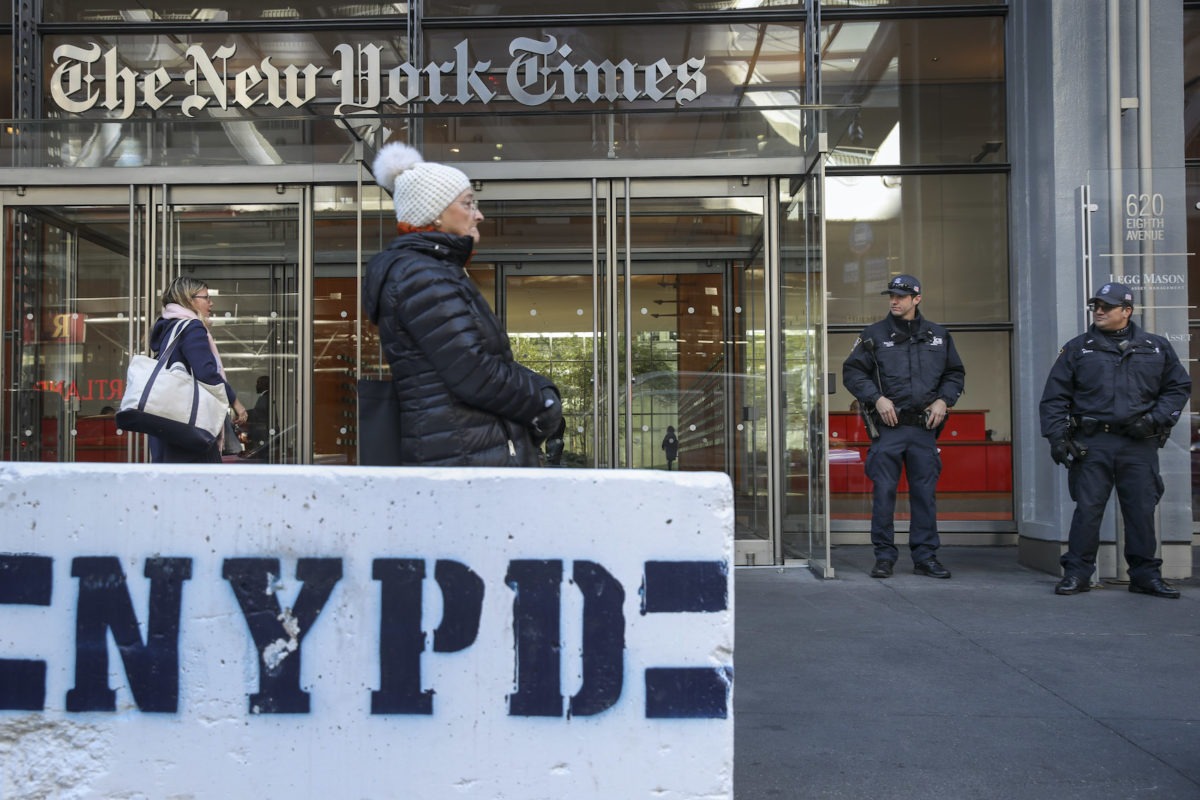
In two articles, the Times asserts a ‘spike’ in crime since the passage of bail reform in New York, an increase that the articles themselves note they can’t prove.

The debate around bail reform focused predominantly on New York City’s Rikers Island, but the bigger impact may be upstate, where almost two-thirds of the state’s jail capacity is located.